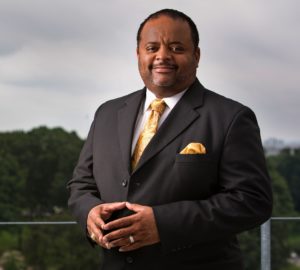 In an attempt to introduce innovation and competition into the cable/satellite set-top box industry, the FCC has proposed opening up cable boxes to third parties to lower costs and make it easier for cable/satellite subscribers to access online streaming services like Netflix and Hulu.
In an attempt to introduce innovation and competition into the cable/satellite set-top box industry, the FCC has proposed opening up cable boxes to third parties to lower costs and make it easier for cable/satellite subscribers to access online streaming services like Netflix and Hulu.
According to the FCC, the average American family spends $231 per year for their cable box lease, which amounts to approximately $20 billion dollars in leasing costs for all U.S. consumers combined. Despite the cost of internet services falling over recent years, cable set-top box costs have risen 185 percent since 1994.
Many consumers aren’t just sticking to their cable services to watch television programming. Netflix has 43 million subscribers, Hulu 9 million, and Amazon Prime offers free movies and TV streaming to its 54 million subscribers. As a result of these numbers, the majority of FCC commissioners believe merging the set-top boxes with online streaming video apps is a match made in heaven.
On Wednesday, Congresswoman Yvette Clarke and Alfred Liggins, President/CEO of Radio One, joined Roland Martin on NewsOne Now to discuss the FCC’s “unlock the box” proposal and how this plan could harm Black-owned cable networks.
Mr. Liggins told Martin, “The market is already competitive, you can get a Roku box, you can get a TiVo box, this particular proposal is actually forwarded and championed by Google.”
He added, “What they want to do is compel cable and satellite companies to take our content — NewsOne Now, the NAACP Image Awards, and anything else that the cable companies have contracted for — and give the stream to the Silicon Valley providers so they can actually create a user interface of which they can create search algorithms to collect data and also potentially sell advertising around it.”
“That’s ultimately, in our view, copyright theft,” said Liggins.
Though Mr. Liggins believes there should be competition for home set-top boxes, he feels it should happen “within the app world,” where cable subscriptions would reside inside of an app and television content could be viewed on any device.
“The industry is moving towards no boxes — nobody really wants the cable guy coming to their house anymore. We want these services to live in a app world,” said Liggins.
If made into legislation, the FCC proposal would be “a give-away to Silicon Valley,” he continued.
Rep. Yvette Clarke said the FCC’s plan creates a “justice, fairness and equity issue,” where “our content providers and programmers will get lost in a sea of new offerings with no support system in place to help them move forward.”
She stated the next steps of the plan to unlock the box should be “inclusive.” Rep. Clarke added, “Content providers, programmers and those who have been marginalized historically in this space” should be a part of whatever those next steps are.
Rep. Clarke also explained the unlock the box proposal could have a “white-out” effect and a negative economic impact on Black cable networks.
Liggins later told Martin, “If third parties are able to monetize our content — your show (TV One’s NewsOne Now) — it prevents us from ultimately being able to spend the millions of dollars it does to create high quality content and the only daily news show for African-Americans.”
If you would like to voice your opinion to the FCC about their unlock the box proposal preceding number MB Docket No. 16-42, please visit FCC.gov. They are currently accepting public comments until March 18th.

